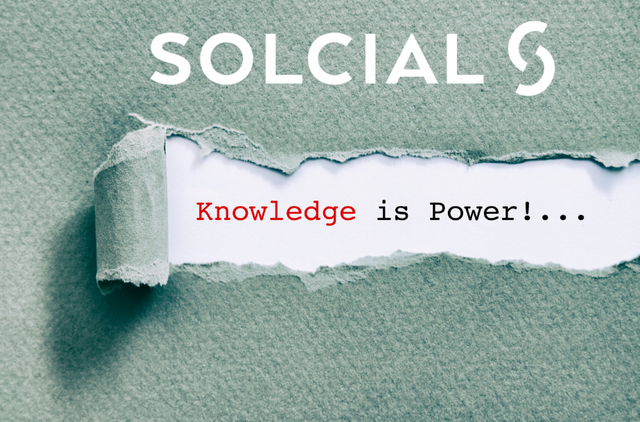The advantages of decentralized social networks, using Solcial as an example
Now it's hard to imagine our life without social media. Every morning we log on to social networks such as Instagram, Twitter, LinkedIn and others. By registering on the centralized platforms, we provide our personal data. All of our information as well as all uploaded content is stored on the servers of the network itself, which means we do not fully own our data. Personal data and information about interactions is copied to the platforms' servers and can be used by the platforms' owners for personal purposes or can be hacked and stolen.
The platforms assure us that our data is secure, but in reality it is not uncommon for third parties to use user data for personal purposes.
It was after data leaks and endlessly increasing censorship that decentralized social networks began to emerge. They are built using blockchain technology, which protects the privacy of users and does not limit their content.
In decentralized social networks, all information is stored on multiple devices of the users themselves, i.e. each participant is a node, and is available on the P2P model, i.e. from user to user. All data is securely stored in the system and is transmitted only with the consent of the user.
The attractiveness of decentralized social networks is due to the fact that they provide user privacy, no censorship and fair income.

One decentralized social network that caught my attention was the web3 social network Solcial.
Solcial users own their content to the fullest extent and can monetize it fairly. Only the content creators themselves can manage their publications, including deleting them. That is, unlike web2 platforms, there will be no algorithms here that can remove your content for no reason.
All management in Solcial will be through the DAO, i.e. users themselves will be able to make decisions on the development of the social network. Web2 social networks dictate us the rules of being on the platform and we adapt to them. In Solcial, each user will be able to make his suggestions, and other users will be able to vote for them. The number of votes will determine whether or not the changes will be accepted.
The lack of censorship for me is one of the main advantages of this social network. On centralized networks, it has become more and more common for an account to get banned for violations that are not always clear to users.
In Solcial, users themselves are content moderators and decide which content should be shown and which should be hidden from the general audience.
Most users of web2 social networks create content every day, but do not have any income from it, because they do not fall under certain requirements for monetization. While users create content for free, platforms make billions from ads that air on platforms.
Don't you agree that's not fair?
Decentralized social networks like Solcial reward their content creators for active audiences. It would be more accurate to say that account owners themselves, creating content for their subscribers, can monetize it and get 100% income. This is achieved through tiered subscriptions. Content creators can sell access to private tiers of their publications.
I can say unequivocally that decentralized social networks are the future. Users need a new social network: without censorship, but with fair monetization. A social network that is user-centered, providing opportunities for users to reach their potential.
Discord: https://discord.gg/xJbMg3XJH9
Telegram: https://t.me/solcial
Twitter: https://twitter.com/solcialofficial
Blog: http://blog.solcial.io/
Website: https://solcial.io
Email: [email protected]